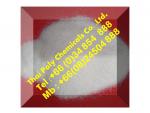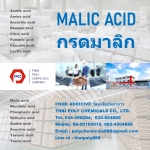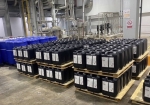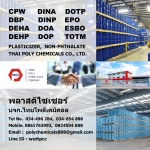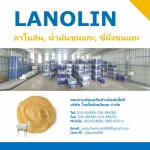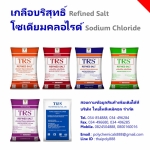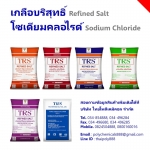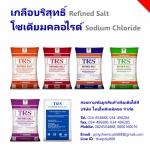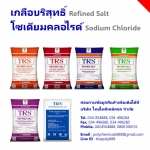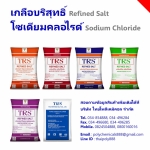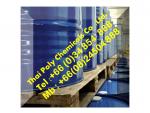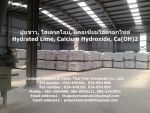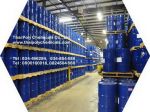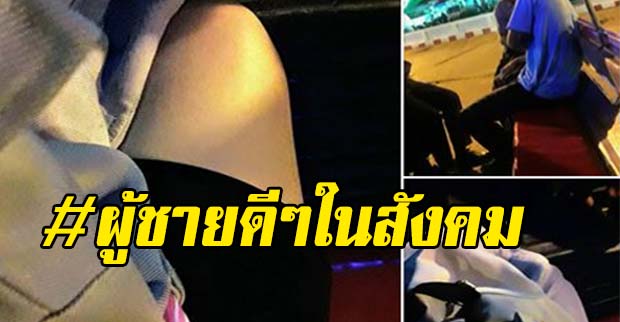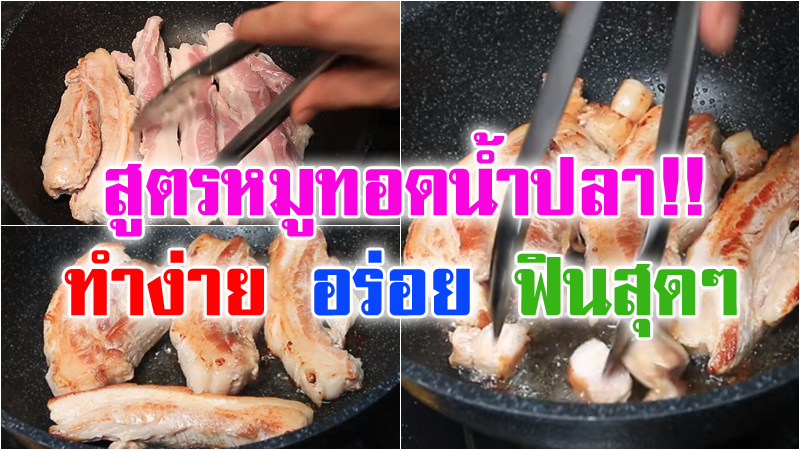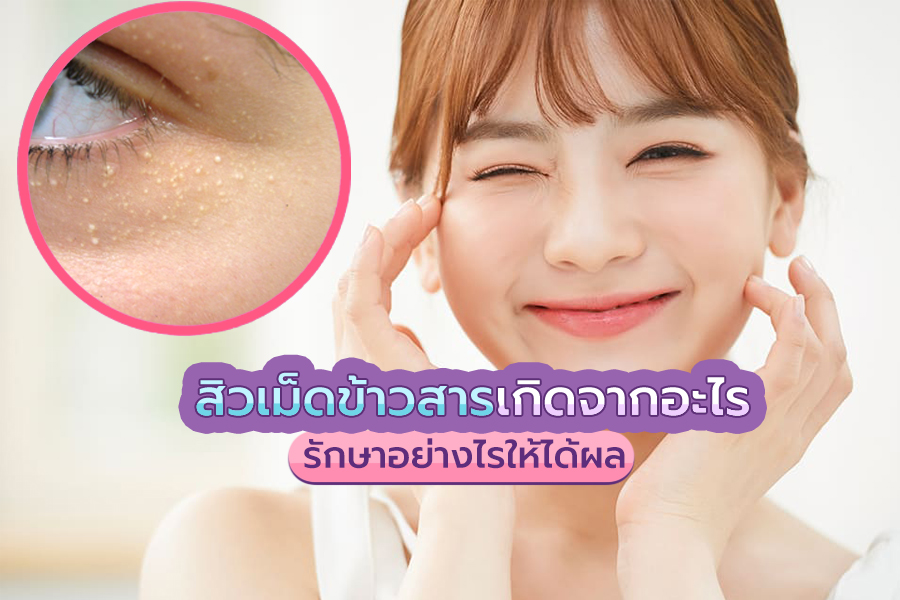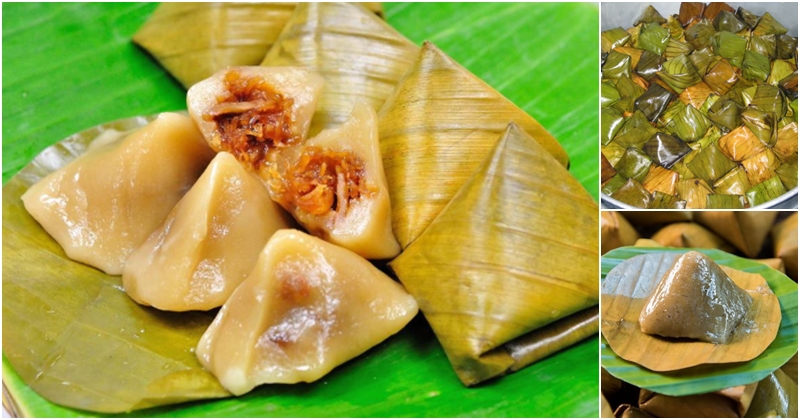Polyvinyl alcohol, PVA, โพลีไวนิลแอลกอฮอล์, พีวีเอ |
฿1 |
|
ชื่อผู้ประกาศ : Thailandchemicals เบอร์โทรศัพท์ : 034854888, 034496284 โทรศัพท์มือถือ : 0824504888, 0800160016 ที่อยู่ : 36/5 ม.9 ต.นาดี อ.เมืองสมุทรสาคร ร้าน Thailand Chemicals |
นำเข้าและจำหน่าย Polyvinyl alcohol, PVA, โพลีไวนิลแอลกอฮอล์,
พีวีเอ สอบถามข้อมูลเพิ่มเติมได้ที่ ฝ่ายขาย บริษัท ไทยโพลีเคมิคอล จำกัด โทรศัพท์
034854888, 034496284 มือถือ 0824504888, 0800160016 โทรสาร 034854899, 034496285
โพลีไวนิลแอลกอฮอล์, พีวีเอ, Polyvinyl
Alcohol, PVA, PVOH
PVA ใช้สำหรับงานโพลี่ยูรีเทน งานขึ้นรูป ยาง ฟองน้ำ และอื่นๆ
โพลิไวนิลแอลกอฮอล์ (PVOH, PVA, or PVAl) เป็นโพลิเมอร์สังเคราะห์ที่ไม่มีสารพิษ
ไม่มีกลิ่น และละลายน้ำได้ โดยโพลิไวนิลแอลกอฮอล์มีคุณสมบัติการก่อฟิล์ม โพลิไวนิลแอลกอฮอล์มีความเค้นแรงดึงและความยืดหยุ่นสูง รวมถึงมีปริมาณออกซิเจนที่สูงและมีคุณสมบัติป้องกันการระเหยของกลิ่นและน้ำมัน ทั้งนี้คุณสมบัติดังกล่าวขึ้นอยู่กับปริมาณความชื้นด้วย หากความชื้นสูงขึ้น น้ำก็จะถูกดูดซับได้มากขึ้น โดยน้ำซึ่งทำหน้าที่เป็นสารที่ทำให้พลาสติกนิ่ม
โพลิไวนิลแอลกอฮอล์
สามารย่อยสลายได้หมดอย่างรวดเร็ว
และสามารถย่อยสลายได้โดยวิธีชีวภาพ
โดยมีจุดหลอมละลายที่ 230?C และที่ 180-190?C สำหรับโพลิไวนิลแอลกอฮอล์ที่ได้จากการไฮโดรไลซิสอย่างสมบูรณ์และได้จากการไฮโดรไลซิสเป็นบางส่วน โพลิไวนิลแอลกอฮอล์สามารถย่อยสลายได้อย่างรวดเร็วที่อุณหภูมิสูงกว่า 200?C เนื่องจากมันย่อยสลายได้ด้วยความร้อนอุณหภูมิสูงเท่านั้น PVA JP-24E เป็นโพลิไวนิลแอลกอฮอล์ชนิดที่ได้จากการไฮโดรไลซิสเป็นบางส่วนซึ่งใช้สำหรับไวนิลอะซีเตตโดยอาศัยวิธีการแบบอิมัลชันพอลิเมอไรเซชัน
เนื่องด้วยมันมีความสามารถในการละลายของเหลวที่ดีมากpolyvinyl alcohol is widely used
in diverse applications such as: adhesives for paper, wood, textiles, leather and other water-absorbent substrates; as an emulsifier and protective colloid in the production of resin dispersions; in textile sizing and finishing; as photosensitive coatings; in specialty molded products; in water-soluble, gas-tight films; in paper and paperboard ; and as binders for pigmented paper
Polyvinyl alcohol (PVOH, PVA, or
PVAl) is a water-soluble synthetic polymer (not to be confused with polyvinyl It is used in papermaking, textiles, and a variety of coatings. It is white (colourless) and odorless. It is sometimes supplied as beads or as solutions in
Structure and properties
PVA is an atactic material that
exhibits crystallinity. In terms of microstructure, it is composed mainly of 1,3-diol linkages [-CH2-CH(OH)-CH2-CH(OH)-] but a few percent of 1,2-diols [-CH2-CH(OH)-CH(OH)-CH2-] occur,depending on the conditions for the polymerization of the vinyl ester
precursor.Polyvinyl alcohol has excellent
film forming, emulsifying and adhesive properties. It is also resistant to oil,
grease and solvents. It has high tensile strength and flexibility, as well as
high oxygen and aroma barrier properties. However these properties are
dependent on humidity, in other words, with higher humidity more water is
absorbed. The water, which acts as a plasticiser, will then reduce its tensile
strength, but increase its elongation and tear strength.PVA has a melting point of 230 ?C and 180?190?C (356-374 degrees Fahrenheit) for the fully hydrolysed and partially
hydrolysed grades, respectively. It decomposes rapidly above 200
?C as it can undergo pyrolysis at high temperatures.
PVA is close to incompressible.
The Poisson's ratio is between 0.42 and 0.48Uses
Polyvinyl acetals: Polyvinyl acetals are prepared
by reacting aldehydes with polyvinyl alcohol. Polyvinyl butyral (PVB) and
polyvinyl formal (PVF) are examples of this family of polymers. They are
prepared from polyvinyl alcohol by reaction with butyraldehyde and
formaldehyde, respectively. Preparation of polyvinyl butyral is the largest use
for polyvinyl alcohol in the U.S. and Western Europe.Polyvinyl alcohol is used as an
emulsion polymerization aid, as protective colloid, to make polyvinyl acetate
dispersions. This is the largest market application in China. In Japan its
major use is vinylon fiber production.Some other uses of polyvinyl
alcohol include:Paper adhesive with boric acid in spiral tube
winding and solid board productionThickener, modifier, in polyvinyl acetate
glues Textile sizing agent
Paper coatings, release liner,
As a water-soluble film useful for packaging.
An example is the envelope containing laundry detergent in
"liqui-tabs".Feminine hygiene and adult incontinence
products as a biodegradable plastic backing sheet.Carbon dioxide barrier in polyethylene
terephthalate (PET) bottlesAs a film used in the water transfer printing
processAs a form release because materials such as
epoxy do not stick to itMovie practical effect and children's play
putty or slime when combined with boraxUsed in eye drops and hard contact lens
solution as a lubricant PVA fiber, as reinforcement in concrete
Raw material to polyvinyl nitrate (PVN). an
ester of nitric acid and polyvinyl alcohol.As a surfactant for the formation of polymer
encapsulated nanobeads Used in protective chemical-resistant gloves
Used as a fixative for specimen collection,
especially stool samplesWhen doped with iodine, PVA can be used to
polarize light As an embolization agent in medical procedures
Carotid phantoms for use as synthetic vessels
in Doppler flow testingAs agent in artificial Tears for treatment of
dry eye. Used in 3D printing as
support structure that can then be dissolve away.
Niche uses
Fishing
PVA is widely used in freshwater
sport fishing. Small bags made from PVA are filled with dry or oil based bait
and attached to the hook, or the baited hook is placed inside the bag and cast
into the water. When the bag lands on the lake or river bottom it breaks down,
leaving the hook bait surrounded by ground bait, pellets etc. This method helps
attract fish to the hook bait.Anglers also use string made of
PVA for the purpose of making temporary attachments. For example, holding a
สอบถามข้อมูลเพิ่มเติมได้ที่
ฝ่ายขายThai Poly Chemicals Co., Ltd.
บริษัท ไทยโพลีเคมิคอล จำกัด
ที่อยู่36/5 ม.9 แขวง/ตำบลนาดี
เขต/อำเภอเมืองสมุทรสาคร
จังหวัดสมุทรสาคร รหัสไปรษณีย์74000Tel.: 034854888,
034496284
Fax.: 034854899,
034496285
Mobile: 0824504888,
0800160016
Website :
www.thaipolychemicals.comEmail1 : thaipolychemicals@hotmail.com
Email2 : info@thaipolychemicals.com
alcoholPVAโพลีไวนิลแอลกอฮอล์JP-18YPolyvinylพีวีเอ

